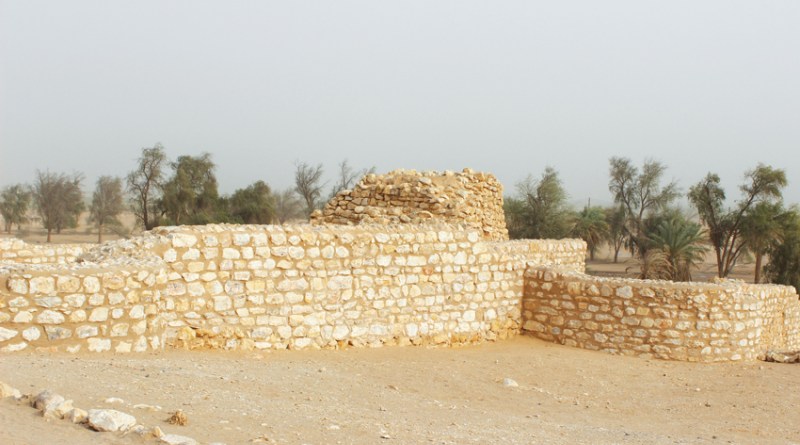
If (('gtm=off') const isAppRedirect = ('appRedirect') Ĭonst isAndroid = /Android/i.test(erAgent) Ĭonst isIphone = /iPhone|iPad|iPod/i. Working backwards from the few scant historical and geographical accounts that portray Ubar as a prosperous city or kingdom in the centuries before Islam, Clapp and his team narrowed their search to a location on the edge of the Arabian Desert in the Dhofar region of Oman. Ubar and its location continued to fascinate people around the world, and it seemed as though its secrets would remain hidden beneath the Arabian sands until the 1980s, when a photojournalist named Nicholas Clapp became interested in the city. Includes pictures Includes excerpts of medieval accounts In. The city probably had fewer than 100 residents, but was surrounded by numerous campsites marked by pottery, firepits and charcoal. In modern times there were a few attempts to locate the lost city, but, for the most part, they were futile. Read 3 reviews from the worlds largest community for readers. Later Islamic historians and geographers describe Ubar as being somewhere in the Arabian Desert, in what is today the nation-state of Oman. As such, Ubar became a metaphor for how good Muslims should not act, and what could happen to non-believers, especially when allowed to congregate in a specific area. on the Arabian Peninsula, was once the center of the frankincense trade and the wealthiest city in the. The city is mentioned as a den of iniquity that was destroyed by God, both in the Quran as well as the mythical Arabian Nights. Ubar, also called Iram, established around 3000 B.C.

One of these lost cities is that known as Ubar, Wabar or Iram, names which are all believed to refer to the same, possibly mythical, location. Atlantis of the Sands refers to a legendary lost city in the southern deserts of the Arabian Peninsula, thought to have been destroyed by a natural disaster. They play a major role in the identity of certain groups, at least in how certain groups identify with these mythical places.Īlthough many, if not all, of these locations are mythical, they may have been based on actual locations, even if modern scholars are yet to definitively discover any such places. Guided by ancient maps and sharp-eyed surveys from space, archeologists and explorers have discovered a lost city deep in the sands of Arabia, and they are. Besides being cities and kingdoms that have been lost, often through some sort of catastrophe, all of these places are mentioned in religious texts or as part of a peoples’ national history.

The annals of world history are filled with intriguing, although often outlandish stories of lost cities and kingdoms, and in addition to Atlantis, there are also Hyperborea, Shambhala, and Aztlan, to name just a few.


 0 kommentar(er)
0 kommentar(er)
